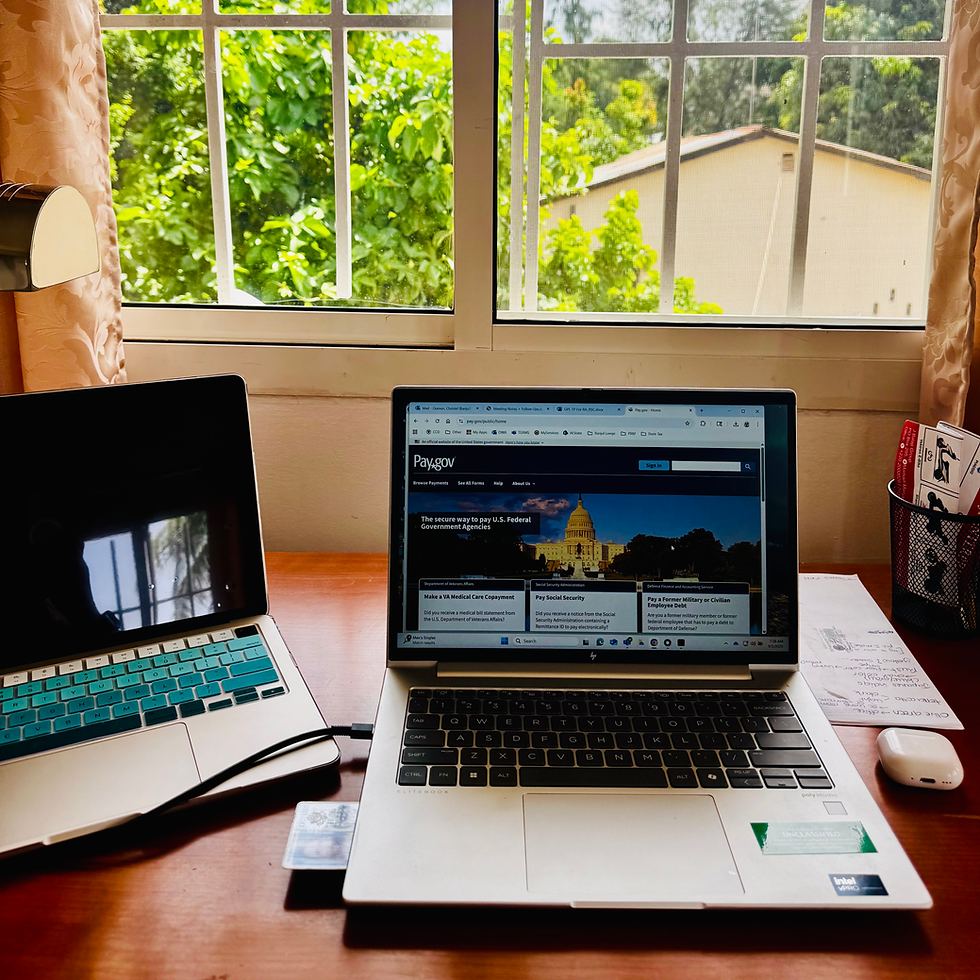Evacuating Afghans
- Owner

- Sep 11, 2021
- 2 min read
Last week I worked at Ramstein—the massive U.S. airbase in Germany receiving tens of thousands of Afghan evacuees from Kabul via the Middle East over the past three weeks.
Babies everywhere
When I first entered the biometrics processing area, where the consular station was, I was taken aback by just how many small kids there were. At first glance I saw at least ten babies. Tears welled up in my eyes and I swallowed hard. I think you can’t really “get” a crisis until you’re in it.

I stuffed the emotion away for some later time and went to work; registering evacuees, checking their immigration status, answering questions, and guiding them to the next line. I worked an 8-hour shift every day, usually from four to midnight.
What struck me every day was the scale of the operation—the sheer size of it. There were thousands of arrivals and departures every day like at a regular airport, except we worked with makeshift systems like colored wristbands, excel sheets, snack tables, donated shoes, families with 20+ members, people who lost everything, people who wanted to claim asylum elsewhere, people who got on the wrong flight, and so on. Very unusual circumstances, the most impressive perhaps the handful of women who gave birth during the evacuation effort.
No chaos
Another thing that surprised me was the calm atmosphere. I figure this must be a military thing. When you’re surrounded by dozens of men and women in uniform, it sets a certain tone. Thank god there were few weapons in sight, but nobody messed around. Maybe it was also the fatigue—everyone is tired at some point, most of all the refugees who had been in transit for weeks. But there was nothing grim about the situation.
I once read that when the Germans lost the Second World War, German soldiers strongly preferred to be captured by the Americans versus the Russians. Seeing everything up close like this makes me think being evacuated by Americans is probably also a good deal compared to other options.
Blast from the past
About eight years ago, I worked with Afghan refugees in Pakistan and visited an Afghan refugee camp in Kabul. What I saw there was shocking. There were millions of people living in squalor, some for years or even decades. The living standard was incredibly low by any imaginable indicator. I felt completely powerless, while they thought I had the power to help them—very difficult.
But this week reminded me that this is probably what I most like to do. Unfortunately I still don’t speak a word of Dari, and I would never claim I have some unique understanding of the situation, but I like being able to contribute in any way. I fear for these people, but I am also impressed by them, and fascinated by the many ways in which we are all connected.
————-







